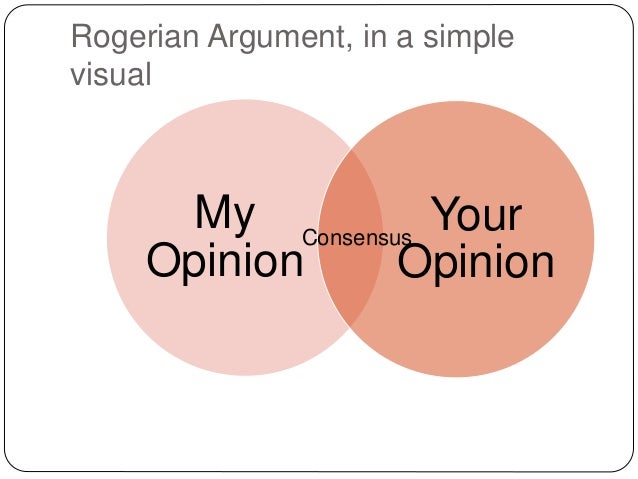A Rogerian debate
"The writer [or speaker] who uses the Rogerian strategy attempts to do three things: (1) to convey to the [other writer/speaker] that [s/]he is understood, (2) to delineate the area within which [s/]he believes the [other writer's/speaker's] position to be valid, and (3) to induce him [or her] to believe that [s/]he and the [writer[/speaker] share similar moral qualities (honesty, integrity, and good will) and aspirations (the desire to discover a mutually acceptable solution)."
Young, Becker, and Pike, Rhetoric: Discovery and Change
The goal of Rogerian argument is to reach a consensus that makes active cooperation possible
***
The scenario
DU has decided to dramatically change the undergraduate curriculum, and the students have been asked to consider two very different revisions.The scenario
Choice #1: ALL IN ON THE PUBLIC GOOD
We live in an increasingly complicated world, one that faces increasingly daunting problems. To address those challenges, and to fully prepare students for the world that awaits us, the University must go all in on its mission: “To be a great private university for the public good.” Rather than requiring that undergraduates take an assortment of classes on different academic topics, the University must organize the undergraduate curriculum around the 1–3 most pressing challenges facing the public today (for example: climate change, or income inequality, or war). Students will then by active, collaborative problem-solving. No more dry classes on irrelevant subjects in musty classrooms. From now on, let students learn by doing: i.e., by going out into the world and working together to change it for the better.
Choice #2: A GREAT PRIVATE UNIVERSITY FOR THE PRIVATE GOOD
A university education is perhaps the first significant investment in their future that a young person can make -- and it is an investment that only gets more expensive every year. It is therefore vitally important that DU reorganize the curriculum to serve every individual consumer’s personal needs. No more “Common Curriculum.” No more taking classes just because someone else decided that they’re “good for you.” Instead let each individual educational consumer decide what’s best for him- or herself. If Amazon and Netflix can figure out how to allow individual consumers to tailor their entertainment choices to suit their specific personal needs, then there’s no reason that a university can’t do the same for our educational choices. Let the consumer decide!
Debate format
1. Statement of the problem: 3 minutes. (John)
10-minute prep
2. Statement of positions + reasons: 3 minutes (Group 1 and Group 2)
10-minute prep
3. Restatement of positions + concessions: 3 minutes (Group 1 and Group 2)
10-minute prep
4. Proposals of compromise: 3 minutes (Group 1 and Group 2)
5-minute prep
5. Negotiation (John): 3 minutes

